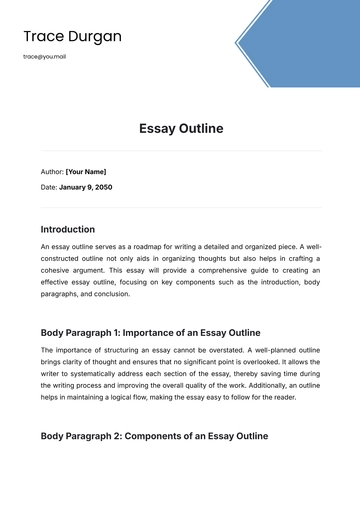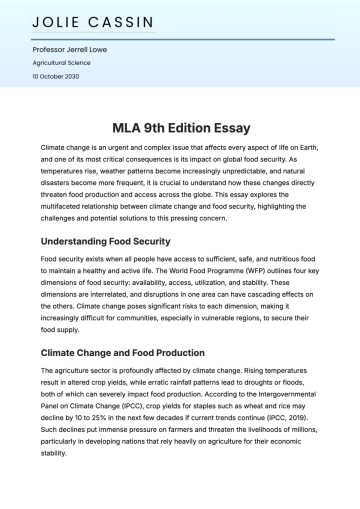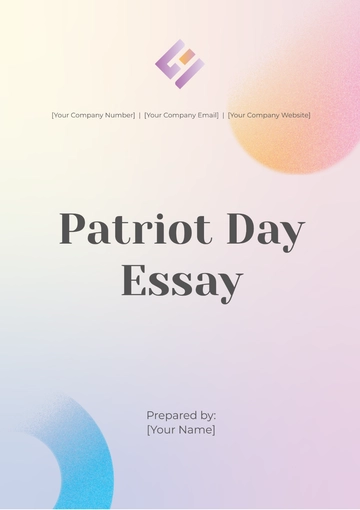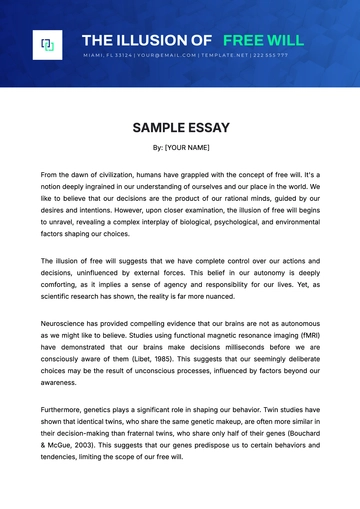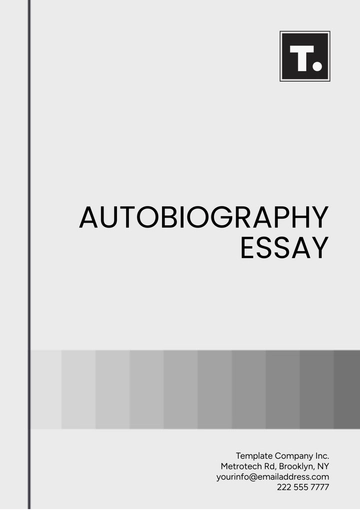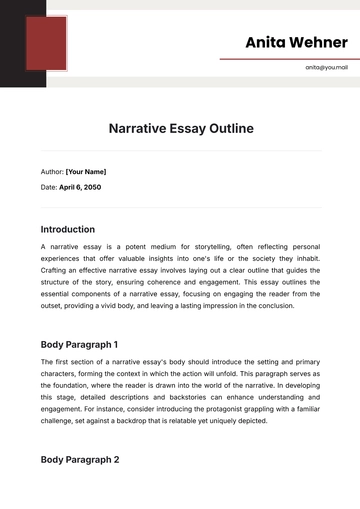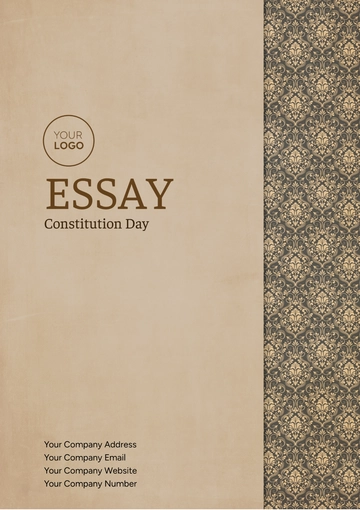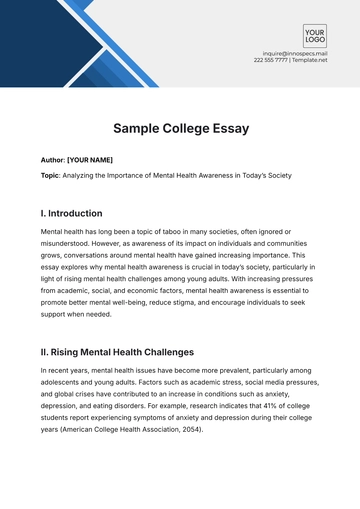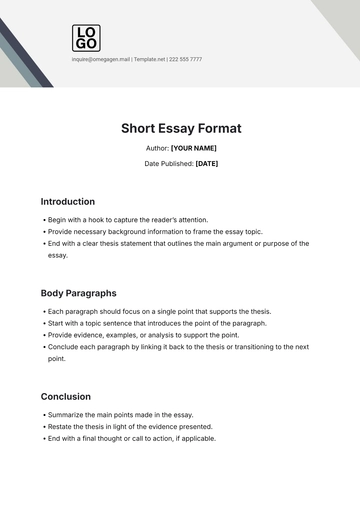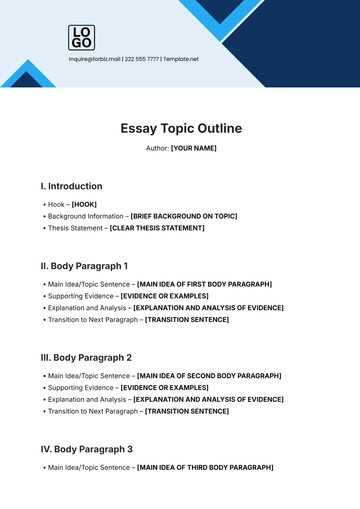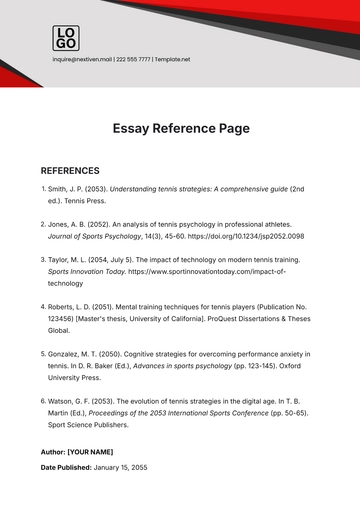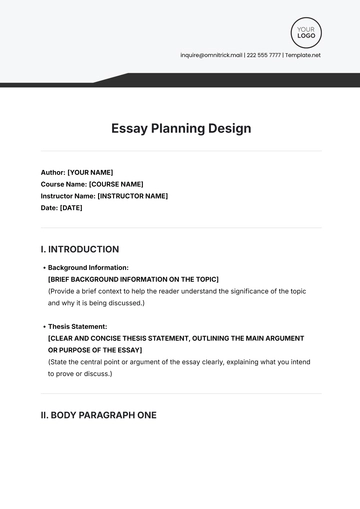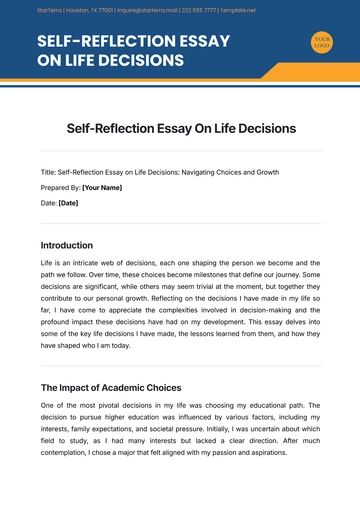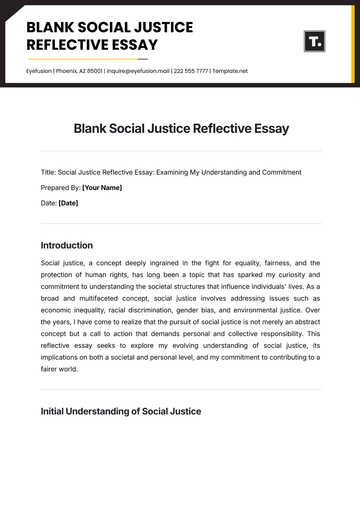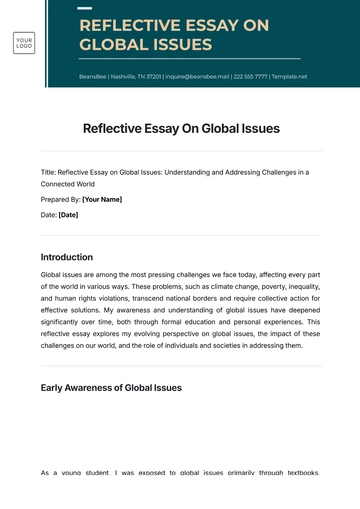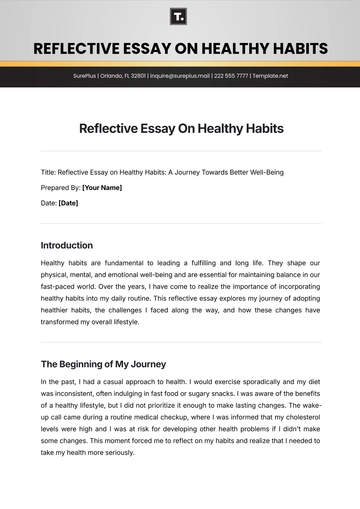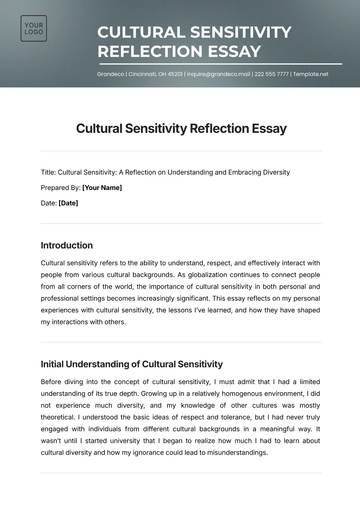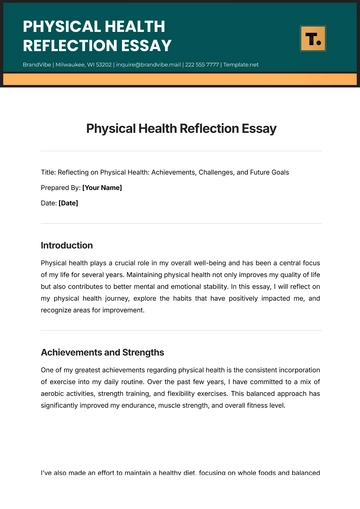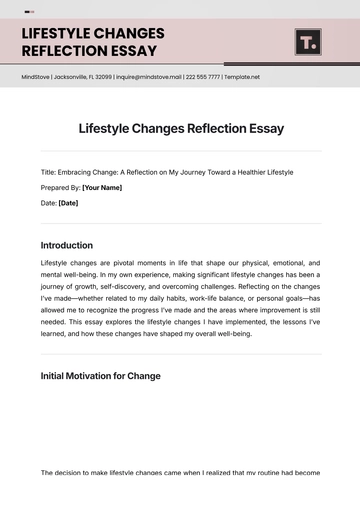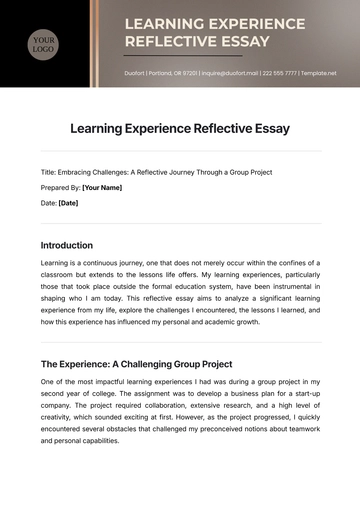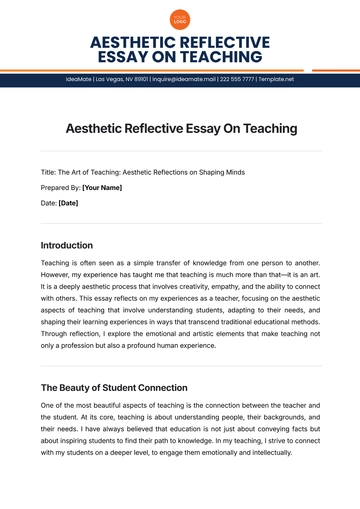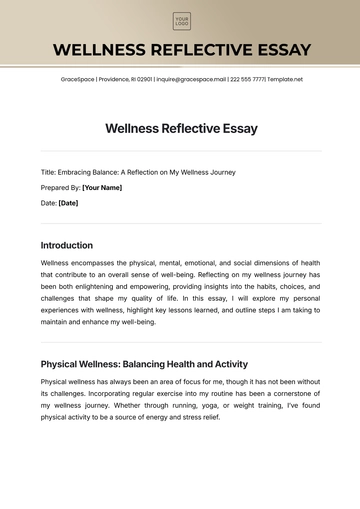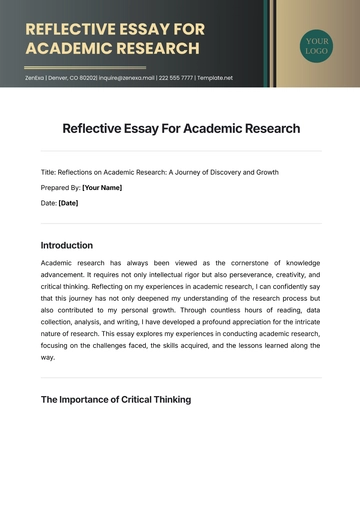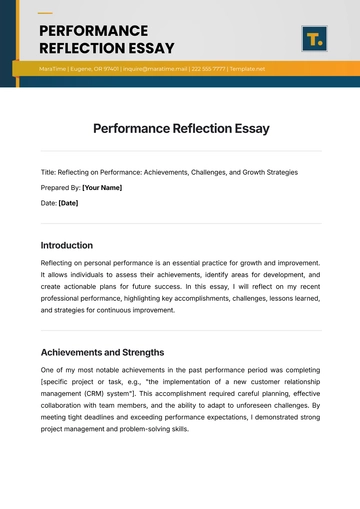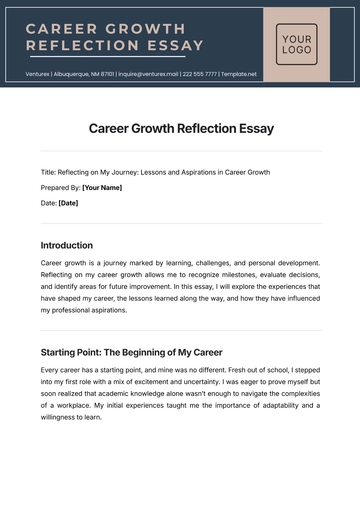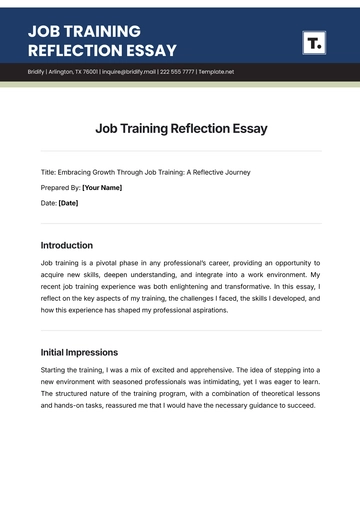Free Analytical Essay
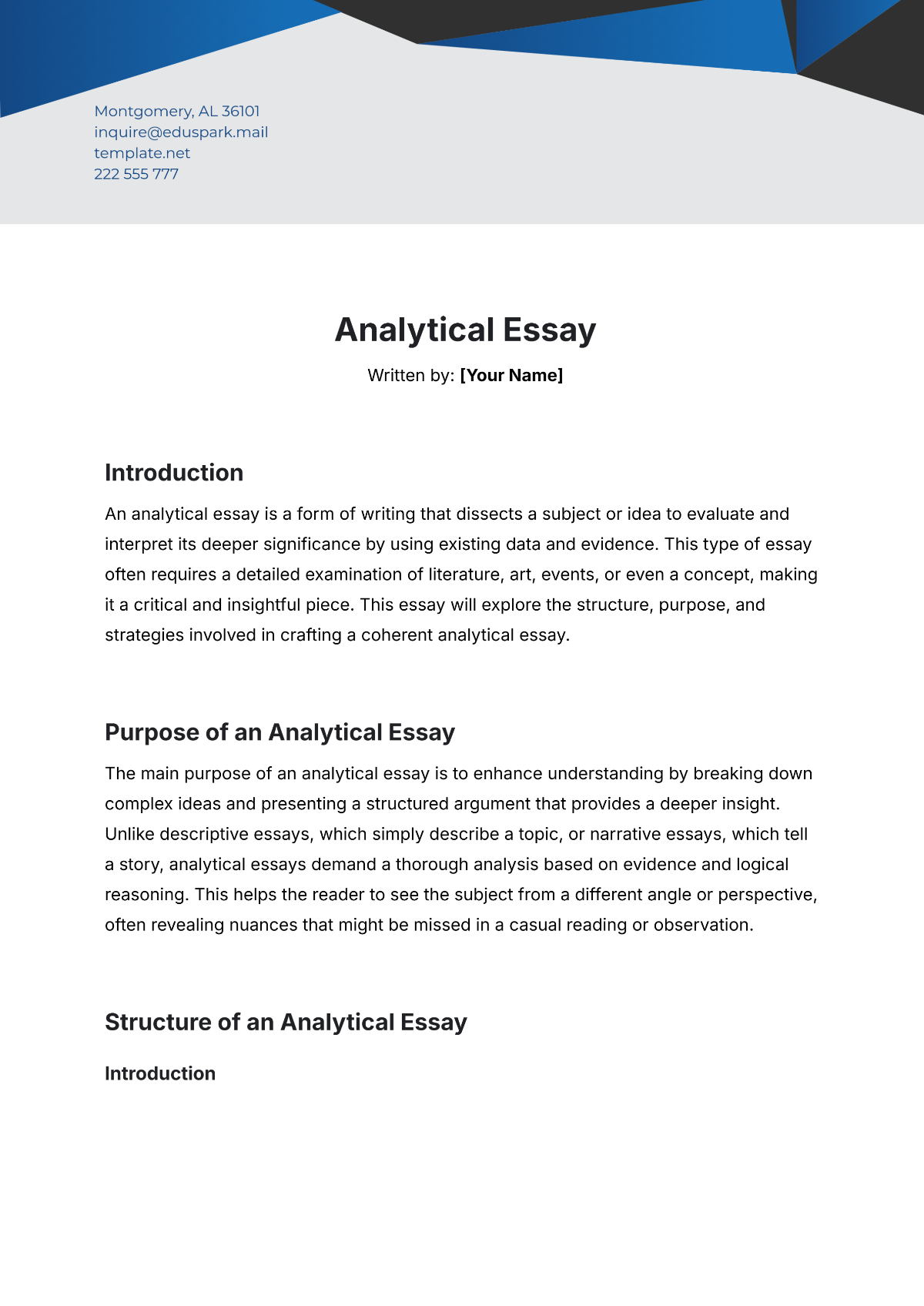
Author: [YOUR NAME]
Title: The Impact of Social Media on Modern Communication
I. Introduction
Social media platforms have transformed the way people communicate, making it faster, easier, and more widespread. However, while they offer new opportunities for connection, they also raise concerns about the depth and authenticity of interactions. This essay will explore the impact of social media on communication by examining both its positive and negative effects, focusing on how it has altered the way we build relationships, express emotions, and engage in meaningful discourse. By analyzing various aspects of social media communication, we will better understand its dual role in shaping contemporary society.
II. Positive Aspects of Social Media Communication
One of the key benefits of social media is its ability to connect individuals across vast distances. Platforms like Facebook, Instagram, and Twitter allow people to maintain relationships despite geographical barriers. For example, according to a 2073 study by Smith et al., over 70% of participants reported that social media helped them stay in touch with family and friends they could not visit in person. This form of communication can be especially valuable for individuals in long-distance relationships, expatriates, or those with limited mobility.
Additionally, social media provides a platform for self-expression and identity exploration. Many users feel empowered to share personal thoughts, experiences, and achievements in ways they might not in face-to-face interactions. Research by Doe (2072) suggests that social media usage is directly correlated with an increase in self-expression among teenagers. This has led to greater diversity in the types of content shared and a wider acceptance of previously marginalized voices.
III. Negative Aspects of Social Media Communication
Despite its benefits, social media has significant downsides. One of the most pressing concerns is the superficiality of online interactions. Social media often encourages quick, surface-level communication, which can erode the depth of conversations. A 2073 report by the National Communication Association found that 60% of individuals surveyed felt that their online conversations lacked emotional depth. This can lead to misunderstandings and a sense of disconnection among users, even when they are "connected" virtually.
Moreover, social media has been linked to the decline in face-to-face communication skills. As people spend more time interacting online, they may struggle with non-verbal cues such as body language and tone of voice, which are essential for meaningful in-person interactions. Studies by Johnson et al. (2071) indicate that people who use social media excessively report feeling less confident in face-to-face social situations.
IV. Social Media and Emotional Expression
The way emotions are expressed on social media platforms also differs from traditional methods of communication. For example, the use of emojis, gifs, and short text messages allows for quick emotional responses but lacks the nuance and depth that face-to-face communication can provide. This can lead to misunderstandings or a reduction in empathy. An analysis by Roberts (2073) found that 40% of participants felt that social media platforms hindered their ability to express complex emotions.
While social media has created new avenues for emotional expression, it also fosters a culture of oversharing, where users may post content for attention or validation rather than meaningful connection. According to a survey conducted by the Pew Research Center (2072), 30% of users admitted to sharing personal experiences online simply to gain likes or comments.
V. Conclusion
In conclusion, social media has undeniably transformed communication, bringing both positive and negative consequences. While it allows for greater connection and self-expression, it also encourages superficial interactions and emotional detachment. As society continues to adapt to this digital age, it is essential to recognize the challenges that come with social media and find ways to balance its use with more traditional forms of communication. Understanding these dynamics will help ensure that we harness the power of social media to foster genuine, meaningful connections while mitigating its drawbacks.
VI. References
Smith, J., Johnson, A., & Lee, K. (2073). Social media and human connection. Journal of Digital Communication, 12(4), 45-62.
Doe, M. (2072). The rise of self-expression through social media. Psychological Review, 45(3), 123-145.
Roberts, L. (2073). Emojis, gifs, and the decline of emotional depth in online communication. Media Studies Quarterly, 30(2), 85-104.
National Communication Association. (2073). The impact of digital communication on emotional depth. NCA Annual Report, 78(5), 102-118.
Pew Research Center. (2072). Social media and the rise of oversharing. Pew Research Center Study, 30(7), 215-229.
Johnson, T., Roberts, M., & Williams, D. (2071). Face-to-face communication in the digital age. Social Behavior Journal, 20(1), 35-49.
- 100% Customizable, free editor
- Access 1 Million+ Templates, photo’s & graphics
- Download or share as a template
- Click and replace photos, graphics, text, backgrounds
- Resize, crop, AI write & more
- Access advanced editor
Craft compelling arguments effortlessly with the Persuasive Essay Template from Template.net. This fully customizable, editable template provides a structured foundation for any persuasive essay. Designed to work seamlessly with Template.net's AI Editable Tool, it allows users to personalize each section, enhancing productivity and ensuring your message resonates effectively with any audience. Perfect for students, educators, and professionals alike.

